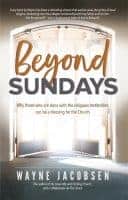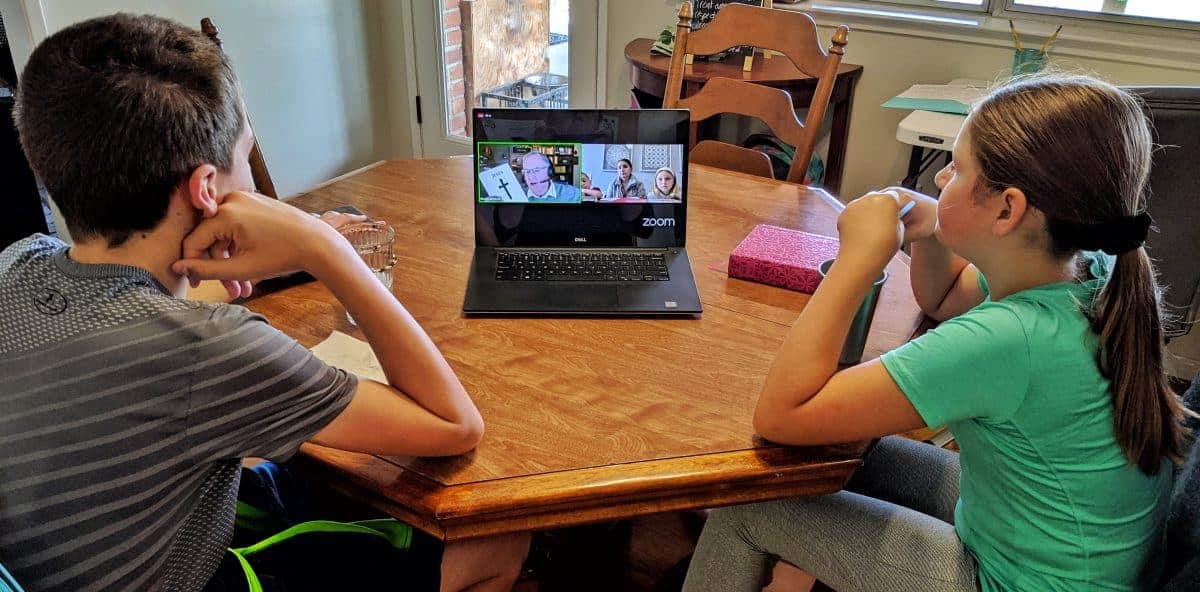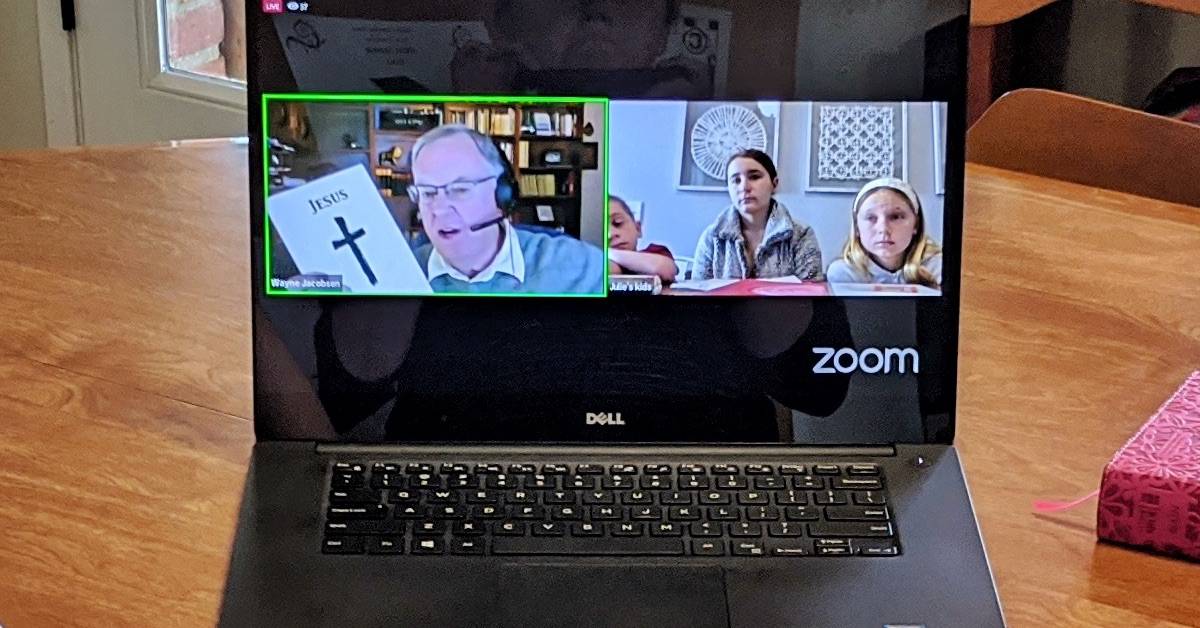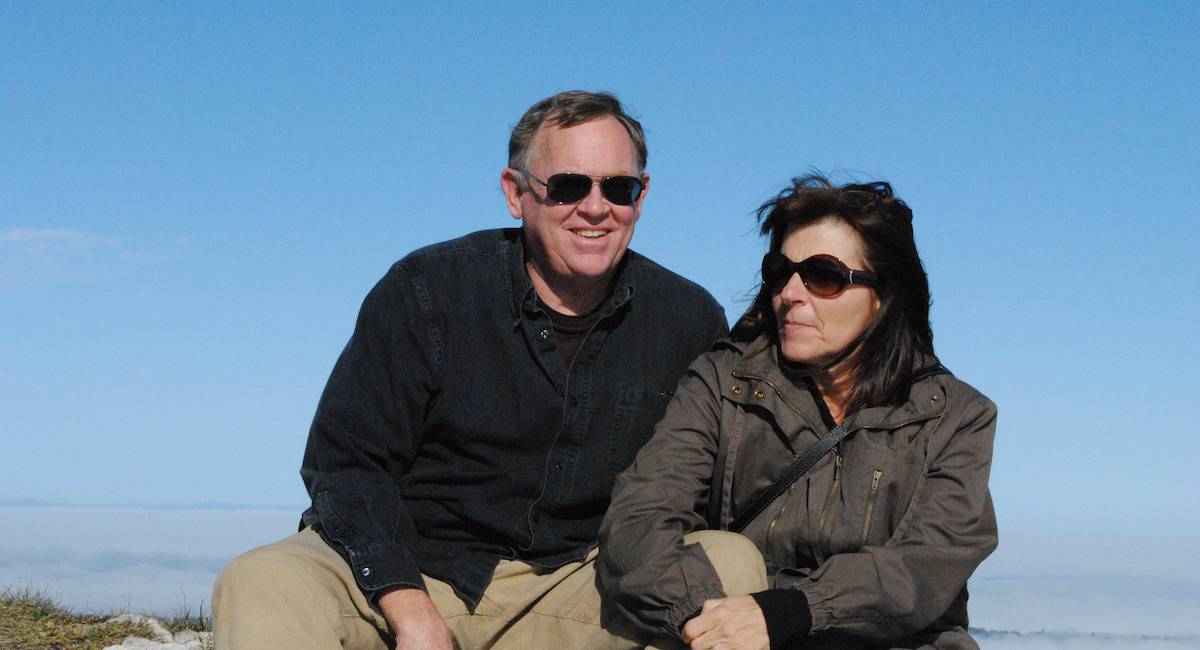“This pandemic makes Beyond Sundays even more relevant and applicable!!!”
That text came from a friend a couple of weeks ago when congregations were forced to cancel their Sunday services all across the country to flatten the proliferation of the coronavirus. This Sunday, once again, the pews were empty and on Palm Sunday at that. Even worse for some, they will still be empty next week for what many consider to be the most important Sunday of the year—Easter!
Some have even tried to continue their meetings in defiance of government orders and have been arrested for it. A pastor in my hometown was on the news this morning because he was requiring his congregation to come for communion this afternoon. He said we can’t let them call liquor stores essential and churches nonessential. I know it’s challenging in this season to give up things we all enjoy, but underneath the anguish of so many pastors seems to be a quest for publicity, a concern that people will get out of the habit of attending, or the fear that without offerings their congregation cannot survive.
A liquor store is not more essential than the Church, but gatherings in buildings are not essential to the life of the Church. She lives and breathes by the power of the Spirit, connecting us to him and each other in a billion different networks of relationships. I thought everyone knew that. I’m genuinely amazed that those religious leaders fear she cannot survive without the structures we’ve built around her.
For the most part now, people “attend” their congregation online, as many have begun streaming the staged elements of their service. These are the same groups who have said for years that you can’t do “church” online—you have to be present in the building. Now they talk about their Internet feed just like they do a regular church service. Even stranger, they conduct the same service to an empty auditorium as if the people were never critical to the event, after all. And how stuck they are in an old form that doesn’t change even when all the circumstances around it have. Wouldn’t these times call for a more creative way to celebrate the life of the church in a time of chaos? How would this understanding of the church ever survive a day of real persecution if it can’t stomach a few weeks of not meeting? It’s an excellent time to reconsider how we view the church of Jesus Christ.
Leaders from Christianity Today and the National Association of Evangelicals put out a statement a couple of weeks ago about canceling Sunday services. “It is not a question of mere expediency. The gathered worship service is central to the church’s identity, and therefore, cancellation seems to trample on more than tradition. It can feel like a threat to the church’s existence.”
I find that statement so unbiblical. As far as we know, Jesus never gathered with his disciples in any kind of “worship service”, nor did he teach them to do so. The early church connected in caves and homes, and conversations in marketplaces and temple courtyards. Where two or three gathered in his name were just as powerful, maybe more so, than 25 or 5000. How, then, has this “service”, which has no precedent in Scripture, become so essential that some leaders can’t imagine the church surviving without it?
Have we lost sight of the Risen Christ and his ability to sustain his church in such desperate times without the weekly service? If so, then these times can serve us well to remember that our sustenance does not come in a service or even a good sermon but from our connection to the Head. He has his church well in hand, and with or without Sunday services, he can lead us and equip us. We could better serve not by worrying about the survival of our congregations but by serving our fellow citizens in a society racked with fear at the possible health and economic impact of this pandemic.
I hope we can all ask if we have made more of the Sunday service than Jesus would? I have no problem with those who find the weekly connection with a congregation to be helpful in their journey. However, if you have become dependent on it to maintain your relationship with God or your connection with others, maybe it is time to rethink some things.
Our hardened religious structures have never looked more naked. The church is about relationships, not with a pastor who doesn’t know you through a video screen where he can’t see you. It is friendships with others who know you, care for you, and can share your journey with compassion, insight, and encouragement.
Not everyone, however, is fearful that these times will diminish the power of the church. Many are seeing an opportunity for God to shift some remarkably skewed priorities:
I received this last week from Michael, our contact for the work in Kenya:
This small article you wrote for some years back Why I Don’t Go to the Church Anymore, is being fulfilled. Across Africa and the world, those who believe the church is institutional buildings and altars are confused in this time of testing with the coronavirus. The pandemic has shaken the world. Your article is really the lesson that is needed for such time of this. Thomas and I have sent more copies to encourage the believers across east Africa, especially those who undergoing self- quarantine due to being locked down.
And this morning I woke up to this in my inbox:
 Beyond Sundays seems even more prophetic in these days, as we are all locked out of the church as we know it. We face lockdown and isolation in the midst of the threat of this virus that has engulfed our world. Your book continues to be a source of inspiration and blessing. Written almost for these days, as God’s people, we find ourselves constrained in our homes and out of church. Church as we know it is unable to meet (and) your book keeps coming back as a fresh reminder His Kingdom is more than just church meetings ‘alone’ and the ‘structures’ we build. God is breathing fresh life, hope, and encouragement; something new is happening in His Kingdom, in the world, and the communities where we live.
Beyond Sundays seems even more prophetic in these days, as we are all locked out of the church as we know it. We face lockdown and isolation in the midst of the threat of this virus that has engulfed our world. Your book continues to be a source of inspiration and blessing. Written almost for these days, as God’s people, we find ourselves constrained in our homes and out of church. Church as we know it is unable to meet (and) your book keeps coming back as a fresh reminder His Kingdom is more than just church meetings ‘alone’ and the ‘structures’ we build. God is breathing fresh life, hope, and encouragement; something new is happening in His Kingdom, in the world, and the communities where we live.
What I have discovered in the last twenty-five years of living beyond Sundays myself, is that Jesus is an every-hour, everyday companion and the church is a constant reality of interconnected relationships, not a place to meet. Those who live in him can benefit from the teachings of others but are not dependent on them. Their relationship with God thrives as much in the world or locked down in their own homes as it does at a gathering on a Sunday morning.
His church is alive and well today and can shine with greater glory during this pandemic by letting Jesus take shape in his people as they demonstrate more concern for others than they are worried about their own institutions. If you don’t know that, maybe now is the time to discover it. his church can thrive in our communion with him and in our conversations with others even if we can’t meet in the way we’ve always done it.
If your spiritual life is hampered by not attending a Sunday service, maybe this is a good time to lean into him and discover again that he is the Shepherd of his sheep, and that he has all you need. If you feel isolated, think of some people to call every day as a way to encourage them, and especially think of those people who can use it most today. Seasons like this offer a great opportunity for us to take stock of our own journey and let God invite us to deeper places of love and trust.
Maybe now we can more clearly see the difference between the Church Jesus has been building in the world and the one that humanity has been making in its own image. I wrote Finding Church to help people consider that possibility if that’s a stretch for you. .
Yes, they do overlap at times, but at others their priorities seem to diverge significantly. Knowing the difference will help you discover her beauty in ways you may not have considered, especially in days like these.






 Beyond Sundays
Beyond Sundays






